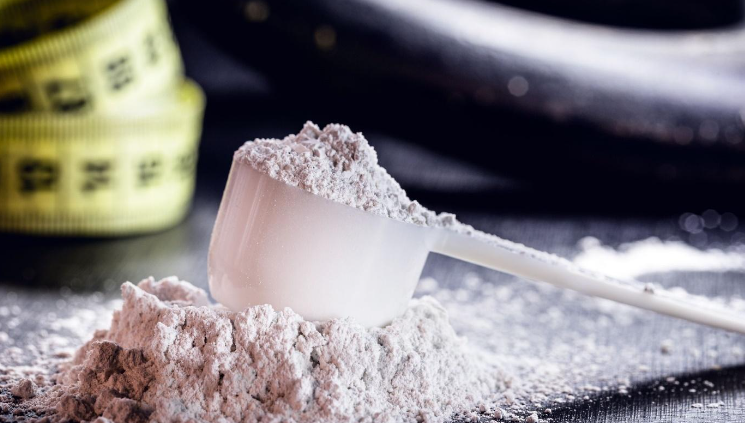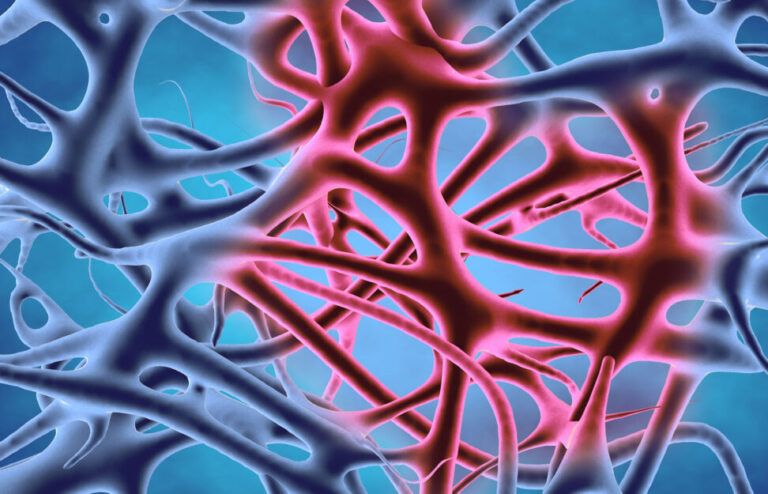Creatine is a popular and widely used dietary supplement that has garnered attention for its potential benefits, particularly in the realm of physical performance. While it’s a well-known staple among athletes and bodybuilders, creatine’s effects on the body extend far beyond the gym. In this article, we will explore what creatine does to the body, its overall impact on health, its potential relationship with ADHD, and any associated side effects.
What Does Creatine Do to the Body?
Creatine is a naturally occurring compound found in small amounts in certain foods, such as red meat and fish, and is also synthesized by the body, primarily in the liver, kidneys, and pancreas. Its primary role in the body is to aid in the production of adenosine triphosphate (ATP), the molecule responsible for supplying energy to cells.
Enhanced Physical Performance: Creatine’s most well-documented effect is its ability to boost physical performance. When you engage in high-intensity, short-duration activities like weightlifting or sprinting, creatine helps increase ATP availability, allowing muscles to contract more efficiently. This can lead to improved strength, power, and endurance.
Muscle Growth: Creatine’s role in ATP production contributes to muscle growth. It helps muscles recover faster, enabling more productive workouts and potentially leading to greater muscle mass over time.
Brain Function: While often associated with physical performance, creatine also has a role in brain function. Some studies suggest that it may enhance cognitive performance, particularly in tasks that require short-term memory and quick thinking.
Is Creatine Good or Bad for You?
The question of whether creatine is good or bad for you depends on various factors, including your individual health goals, existing medical conditions, and how responsibly you use it.
Pros of Creatine:
- Performance Enhancement: For athletes and fitness enthusiasts, creatine can be a valuable tool for enhancing physical performance and achieving training goals.
- Muscle Recovery: Creatine can accelerate muscle recovery, potentially reducing the risk of injury and allowing for more consistent training.
- Potential Cognitive Benefits: Some research indicates that creatine may have cognitive benefits, though further studies are needed to fully understand its impact on brain function.
- Safety: When used responsibly and within recommended dosages, creatine is generally considered safe for most individuals.
Cons of Creatine:
- Gastrointestinal Issues: Some people may experience gastrointestinal discomfort, such as diarrhea or cramping, when taking creatine supplements. This can often be mitigated by staying hydrated and adjusting the dosage.
- Kidney Concerns: There have been concerns about the effect of creatine on kidney function. However, numerous studies have shown that creatine does not pose a significant risk to kidney health when used within recommended dosages by healthy individuals.
- Weight Gain: Creatine can cause some initial weight gain, mainly due to increased water retention in muscle cells. This should not be confused with fat gain.
- Limited Long-Term Research: While creatine is generally safe for short-term use, there is limited research on its long-term effects, especially when used at high doses for extended periods.
Does Creatine Help with ADHD?
The relationship between creatine and ADHD (Attention Deficit Hyperactivity Disorder) is a subject of ongoing research, and findings are not yet conclusive. Some studies have suggested potential benefits, while others have not found significant improvements.
- Brain Energy: Creatine plays a vital role in providing energy to the brain. Some researchers have hypothesized that individuals with ADHD may have altered brain energy metabolism, and creatine supplementation could help address this issue.
- Mixed Results: Studies investigating the effects of creatine on ADHD have yielded mixed results. Some have reported improvements in attention, impulsivity, and hyperactivity, while others have not found significant benefits.
- Individual Variation: The response to creatine supplementation may vary among individuals with ADHD. Factors such as genetics, diet, and overall health may influence how creatine affects cognitive function.
- Consult a Healthcare Professional: If you or someone you know has ADHD and is considering creatine supplementation, it’s crucial to consult a healthcare professional. They can provide personalized guidance based on the individual’s specific needs and medical history.
Does Creatine Have Side Effects?
While creatine is generally considered safe when used as directed, some individuals may experience side effects. It’s essential to be aware of these potential side effects and take precautions accordingly.
- Gastrointestinal Distress: Some people may experience gastrointestinal discomfort, including diarrhea, cramps, or nausea, when taking creatine supplements. To minimize this, start with a lower dosage and gradually increase it over time. Ensure proper hydration, as dehydration can exacerbate these symptoms.
- Weight Gain: Creatine can lead to an initial increase in body weight due to water retention in muscle cells. This typically stabilizes after a few weeks and should not be a cause for concern.
- Kidney Concerns: There have been concerns that creatine might strain the kidneys. However, numerous studies have shown that creatine is safe for individuals with normal kidney function when taken within recommended dosages. If you have existing kidney issues, consult a healthcare professional before using creatine.
- Dehydration: Creatine may increase the body’s need for water. It’s crucial to stay well-hydrated while taking creatine to prevent dehydration, which can contribute to cramping and other side effects.
- Other Potential Side Effects: Some individuals may experience headaches, muscle cramps, or mild anxiety when taking creatine supplements. These side effects are relatively rare but should be monitored.
Conclusion
Creatine is a versatile dietary supplement with a range of potential benefits, from enhancing physical performance and muscle growth to supporting cognitive function. While it is generally considered safe when used responsibly, it’s essential to be aware of potential side effects and consult with a healthcare professional before starting any new supplement regimen, especially if you have underlying health conditions.
Regarding its potential relationship with ADHD, research is ongoing, and individual responses may vary. Creatine should not be seen as a standalone treatment for ADHD but rather as a topic for further investigation and discussion with healthcare providers.
In summary, creatine can be a valuable tool for those seeking to optimize their physical performance and overall health, but it should be used wisely and in conjunction with a balanced diet and regular exercise routine. Always prioritize safety and consult with a healthcare professional when considering creatine supplementation.




